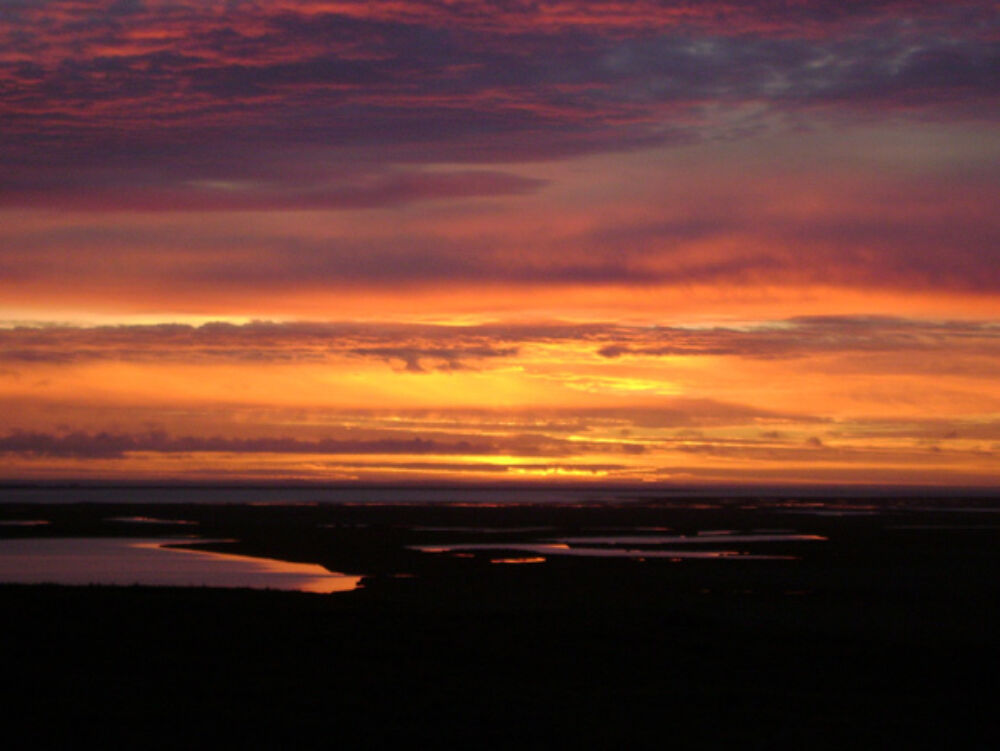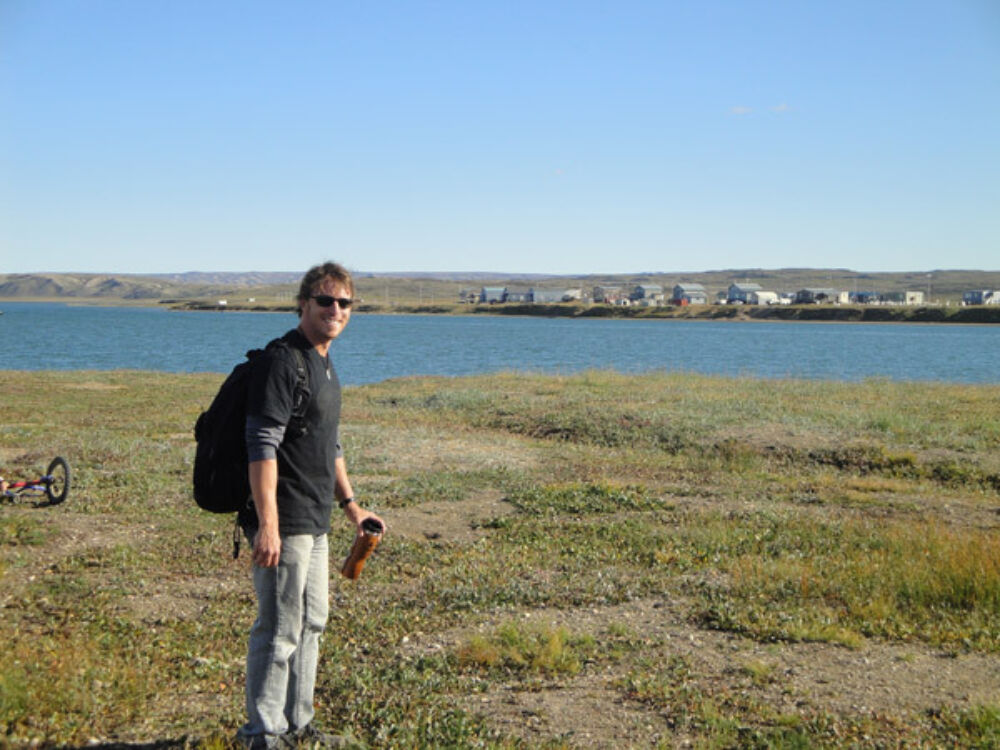In a Calgary prison while awaiting trial for murder in the early 1970s, Inuvialuit writer Anthony Apakark Thrasher declared, “if the Arctic coast was made of solid mineral of economical value, the Eskimo people would be pushed right into the ocean to get what is under his feet.” Thrasher’s haunting prison writings offer a multi-genre tour de force that interweaves the author’s life story with traditional Inuvialuit tales, dream sequences, poetry, and critical commentary on politics, economics, and spirituality. His writings also adeptly diagnose the relationship among environmental responsibility, social justice, and kinship relations in the North.
Unfortunately, Thrasher’s work has been out of print since 1976, and the autobiographical focus of earlier published versions has obscured much of the author’s valuable critical commentary. I am currently working toward a more inclusive edition of Thrasher’s collected work with members of the Thrasher family and Dr. Keavy Martin from the University of Alberta (whose important book Stories in a New Skin: Inuit Literature in Nunavut is nearing completion). The photographs attached are from a trip Keavy and I took to Paulatuk, N.W.T. in August 2010 to discuss the project with members of the Thrasher family and of the broader Inuvialuit community.

According to Thrasher, it makes a difference whether one conceives of the earth as an exploitable resource meaningful primarily in its capacity to sustain human societies or if one conceives of the Earth as a matrix of interwoven relations to which one owes commitment and respect. For Thrasher, the foundation of Inuvialuit cultural survival – and indeed of our survival as a species – involves attentiveness toward what Cherokee scholar Daniel Heath Justice calls “the tribal web of kinship rights and responsibilities that link the People, the land, and the cosmos together in an ongoing and dynamic system of mutually affecting relationships.” The dereliction of kinship duties to the land is, in Thrasher’s view, a primary factor informing emergent environmental crises – crises whose catastrophic potential has only become broadly evident in the twenty years since the Thrasher’s death in 1989.

Thrasher writes: “Oil explorations have left thousands of fish adrift down the Mackenzie River. Destroyed thousands of miles of timber in trapping country… in the past we share with each other. We worked together socially and every one was equal… every one was helped if they were not able to work or hunt. But now the Eskimos new generation is trained to… build capital over his next door neighbor. Our doors used to be opened to all now we will have to become like the south lock the doors and keep a gun afraid of human beings…. afraid to welcome even our own relations.” Thrasher’s work forces us to confront the vibrancy and dynamism of “relations”; it is a call for readers to recognize and renew our kinship with each other, with our non-human relations, and with this planet – an urgent message to which more of us need to listen.
Posted by Sam McKegney
December 28, 2010

